Public works fleet operations: Using telematics for planned, urgent and emergent activities
Telematics supports operations today and tomorrow.

Public works are all around us, and are the most visible signs of our communities. Roads, highways, drainage, water projects and sewers are all examples of public works activities undertaken by your town, county or state. Maintenance activities like snow and ice removal, solid waste pick up and pothole patching fall in this category too. Every community and individual has the same needs like disposing of their trash and clean water. When a community agrees to solve that problem collectively, public works begin.
To improve their operation, public works service agencies and contractors not only use the resources they have available, but plan for the future. Telematics solutions can absolutely improve both today’s operation and tomorrow’s planning.
There are different triggers for public works activity.
Generally events fall into three categories: planned, urgent and emergent.
- Planned events are those that occur based on time such as solid waste pick up, most street sweeping or mosquito fogging. They are predictable and make up the bulk of activity.
- Urgent events are those that are expected but no one knows exactly when they are coming, such as snowfall or post storm debris removal.
- Emergency events are those that are outside the normal scope of a public works agency’s planning. These include both Urgent events that grow past typical scale like several feet of snow in an area that typically sees inches at most; and events that public works agencies must respond to outside of their usual scope such as terrorist attacks, pandemic, catastrophic flooding and riots.
At all three levels, telematics plays a role in providing better service and saving money.
How telematics supports public works planning
For planned events, municipalities and other agencies can use telematics to support scheduling, equipment purchasing and preparation. Through telematics, public works leaders can confirm that equipment is in good working order with engine diagnostics, that implements such as leaf vacuums and sewer jetters are being used at specific locations to confirm service and that coverage is being achieved in an efficient manner. By doing more with less, an agency can save money and improve service.
By benchmarking capacity of current staff and equipment an agency and verify to legislative bodies the need for additional resources, or reallocate existing resources to other projects when excess capacity is detected. When combined with Geographic Information Systems (GIS) mapping of routes and service locations, a telematics solution can give real-time feedback on completion rates and allow agencies to proactively detect missed service and insufficient resources before constituents complain.
See success stories: Town of Blacksburg Department of Public Works
Public works fleet challenges and solutions
Urgent events
Urgent events present a public works agency with some of their biggest challenges. A fresh snowfall, new storm damage or a community event that leaves a significant mess are all examples of urgent events.
By developing Service Level Agreements (SLAs) for interagency activity and to the community a public works agency can clearly communicate their criteria for successfully handling an event. With telematics, measuring progress and confirming internal planning is followed an agency can be most successful in meeting that SLA. With the added benefit of route completion and spreader controller integration, the consumption of material such as salt and brine can also be managed in real-time to save money and protect the environment.
Benchmarking the clean-up or repair activity can again be valuable for a public works agency, for reporting back to their funding source, be it city council or a state legislature, to provide a clear return on investment for taxpayers.
Urgent events also produce the majority of claims of damage, where the agency is accused of having damaged private property during an event or of acting unsafely. Telematics solutions can confirm what safety equipment, such as amber lights and outriggers, were engaged, as well as speeds and locations of activity. Often it is discovered the wrong agency was accused of the damage where there is overlap between a city, county and private contractors.
Emergent events
Emergent events provide public works agencies with another opportunity to act as the first responders they are and get creative. While we all hope to never see these types of catastrophic events, they can and will happen. In these cases situational awareness is the key to success. There is only so much planning that can go into these types of events, and public works agencies are often called upon to work outside their usual jurisdiction doing things they don’t normally do.
During the recent COVID-19 pandemic, for example, many agencies were pressed into service moving mobile medical equipment, PPE and supplies between facilities to meet the immediate needs of the community.
Telematics solutions provide both emergency management groups not familiar with the assets of a given public works agency, and that agency’s leadership, an eye in the sky to confirm what assets are available, when and where.
Rather than waiting for individual radio or telephone conversations with drivers and supervisors, leadership can visualize what they have to work with and make decisions much more quickly. This is especially valuable when the public works agency is asked to join several other types of first responders in reacting to an event. In fact many regional governments will cooperate to purchase telematics that allows them to see their entire asset pool in one single view.
Conclusion
Whatever the situation, public works agencies are vital to our communities. Whether they are fogging for mosquitoes, plowing snow or patching potholes, their operation can be improved with telematics. Being able to plan work, execute the plan and allocate resources all require data that can most easily be generated by telematics. Systems integrations with work order management, GIS and public information software can all provide additional value.
If you’re interested in learning more about improving public works operations, our government fleet advisors will be happy to show you a demo on the different activities mentioned above. Schedule a demo now!
Subscribe to get industry tips and insights
Craig Berndt is a Business Development Manager at Geotab.
Table of Contents
Subscribe to get industry tips and insights
Related posts
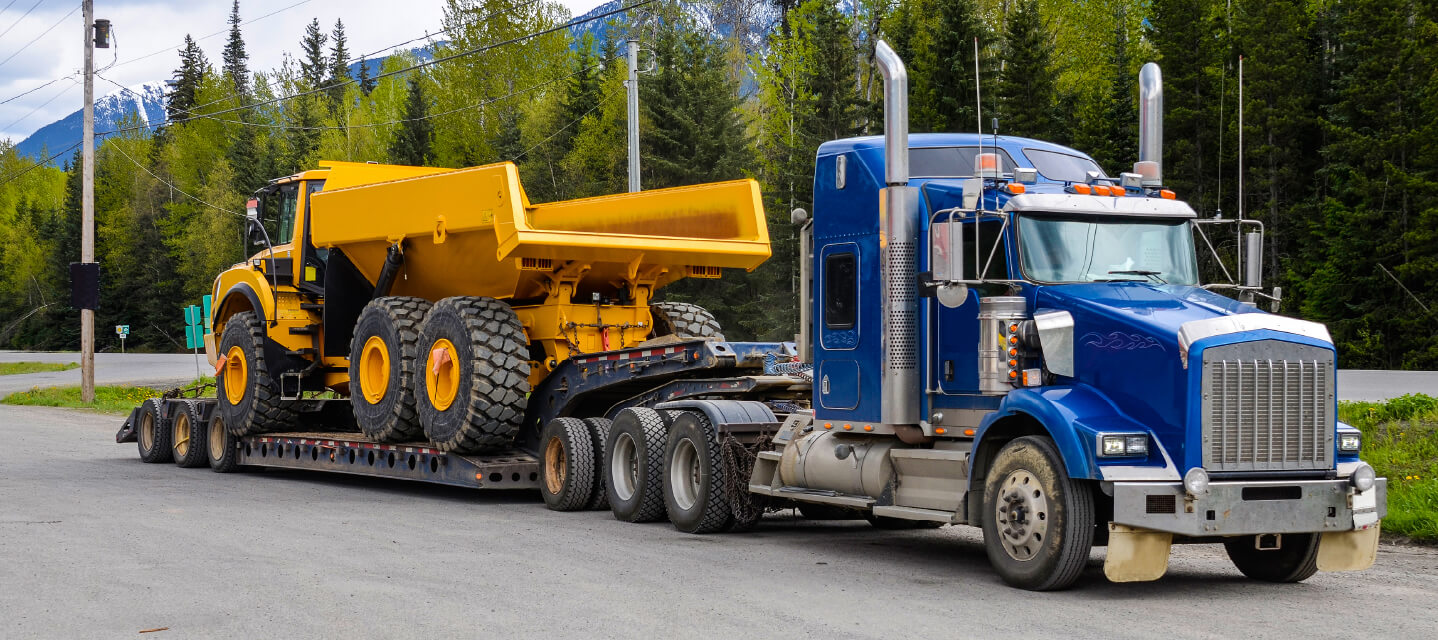
Ultimate heavy equipment transport guide: Top tips and systems for fleets
April 21, 2025
6 minute read
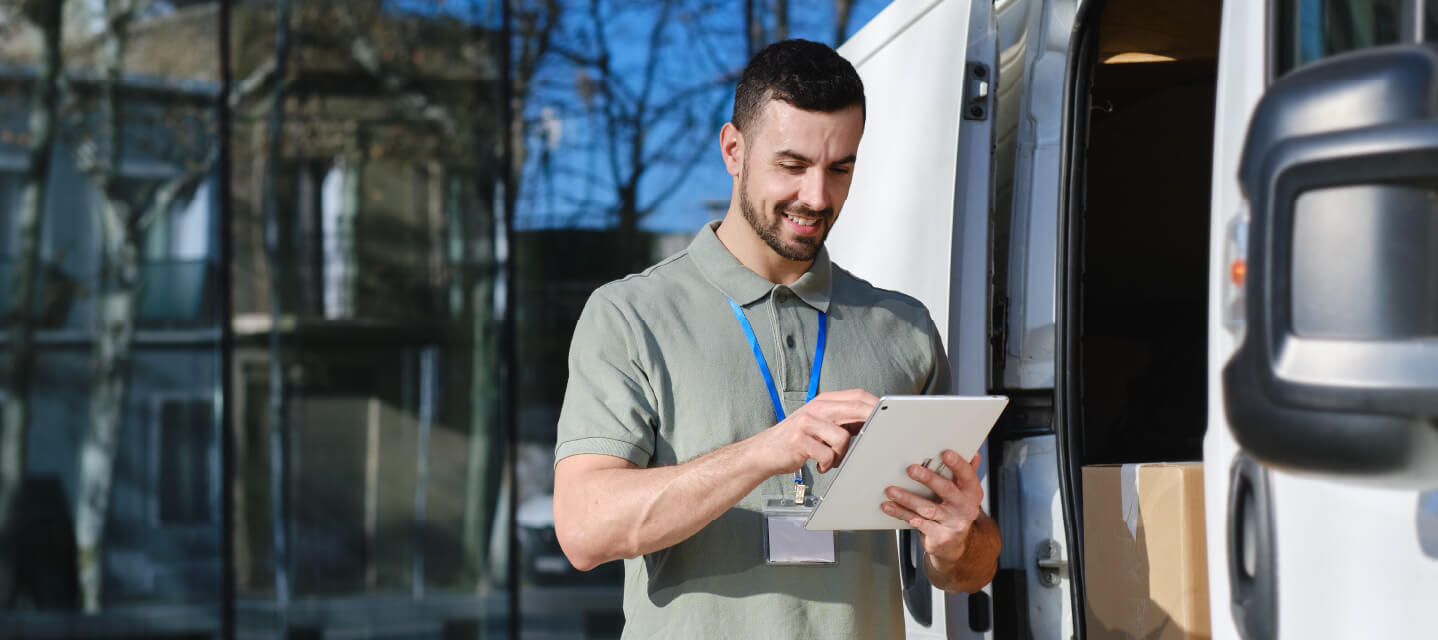
Ultimate field service management software guide [benefits + options]
April 21, 2025
5 minute read
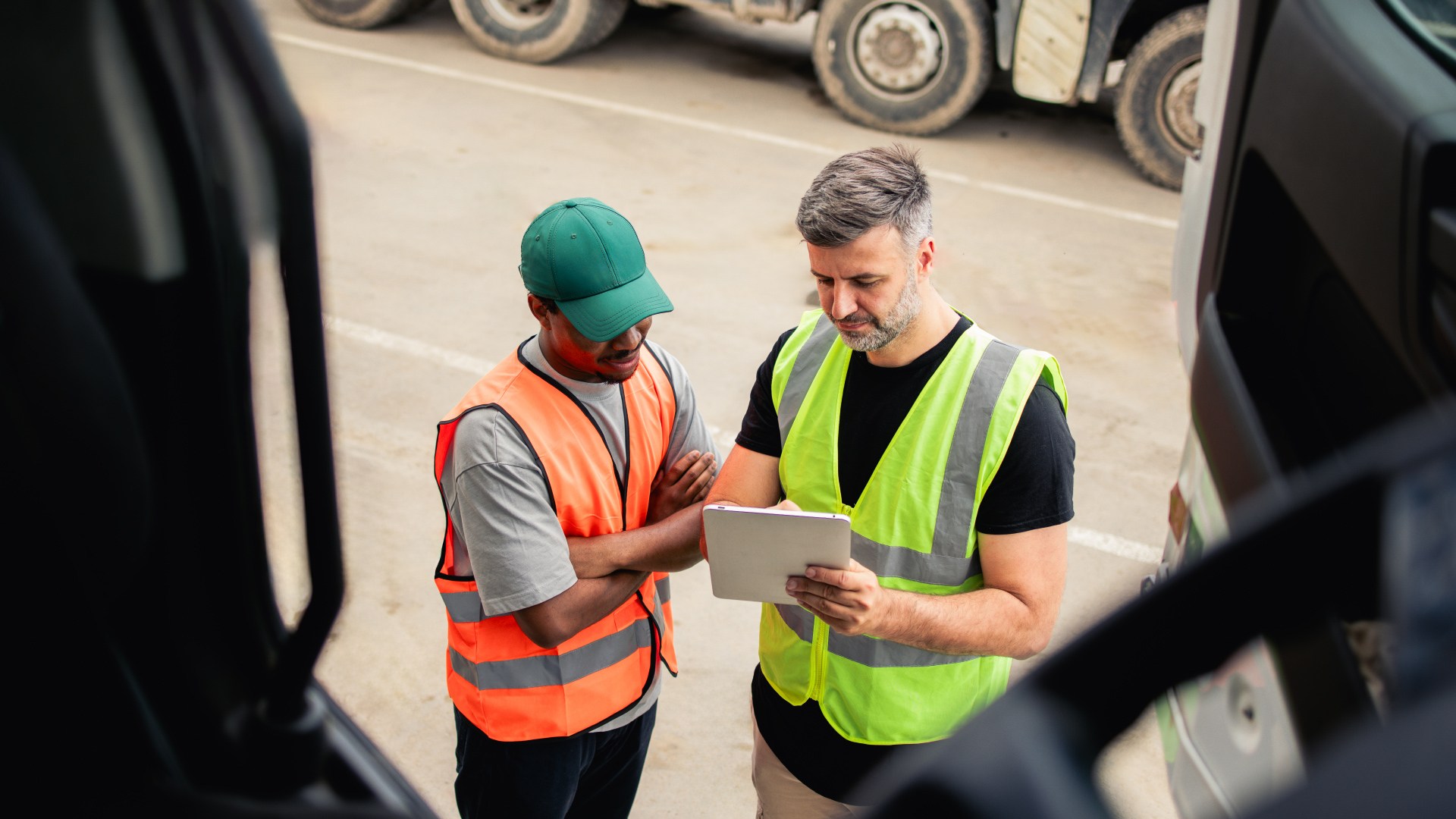
Building a world-class driver training program: Essential strategies for truckload carriers
April 15, 2025
4 minute read
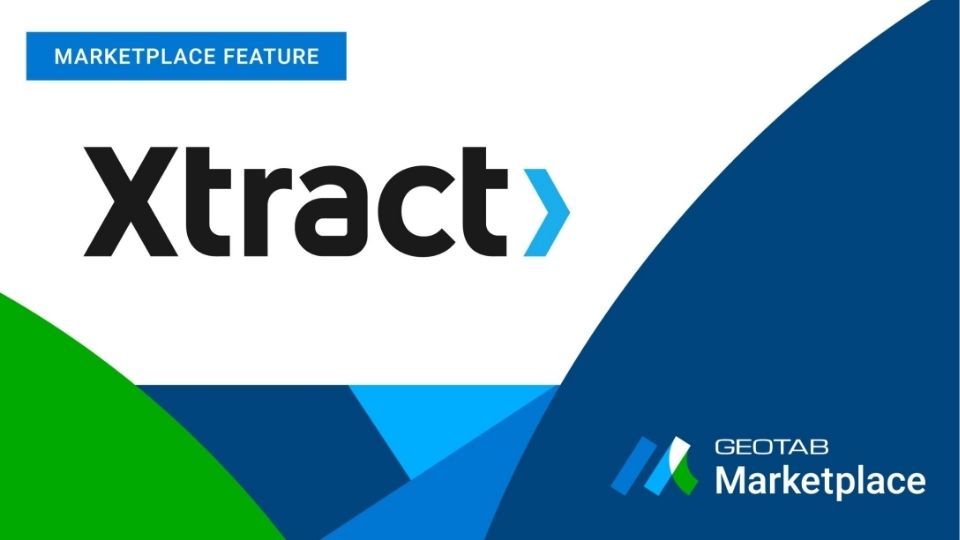
Marketplace Spotlight: From Chaos to Clarity, Innovating Fleet Claims with Xtract
April 15, 2025
1 minute read
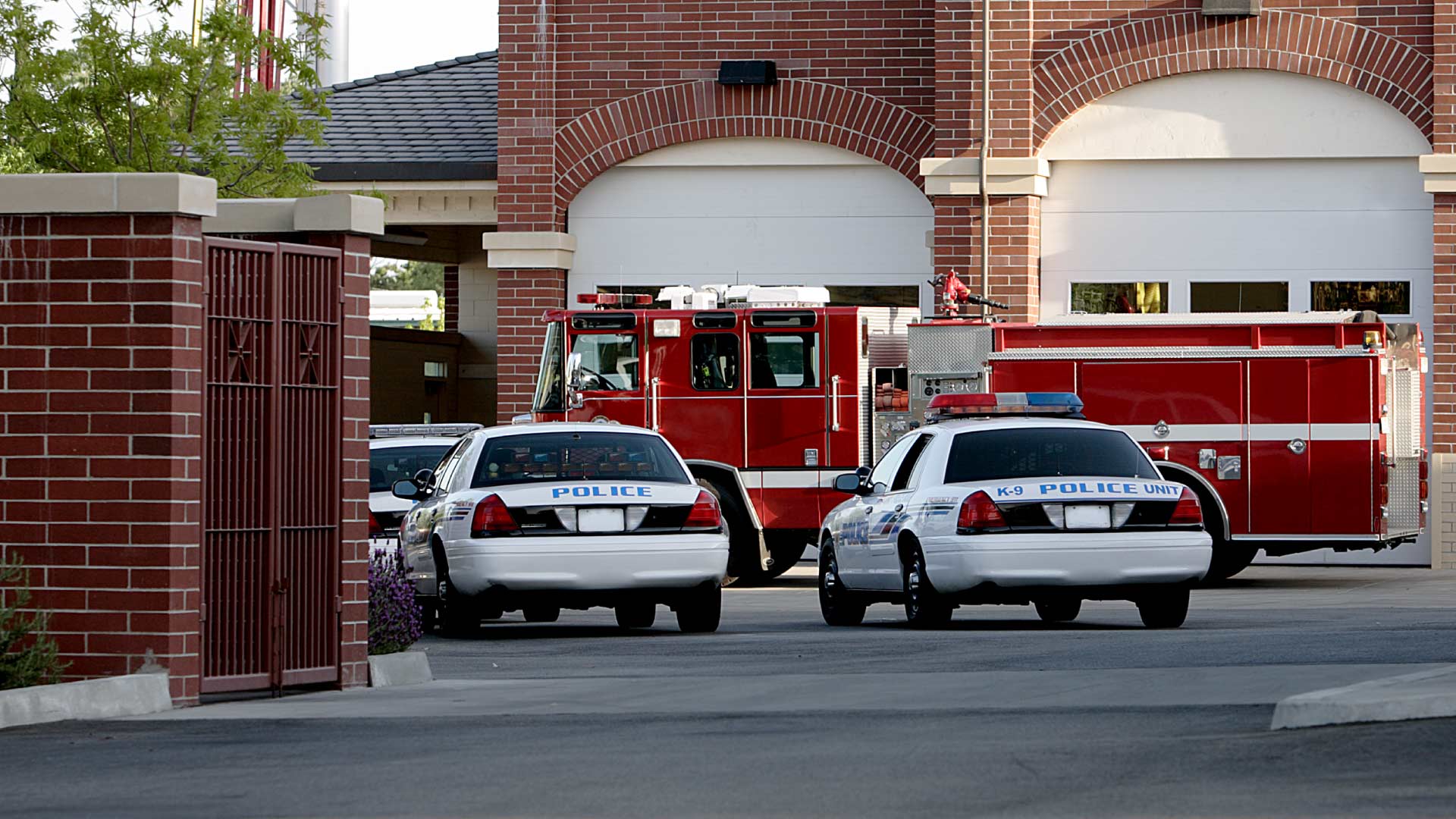
Embracing public safety technologies in the face of opposition
April 15, 2025
4 minute read

What is government fleet management software and how is it used?
April 10, 2025
3 minute read